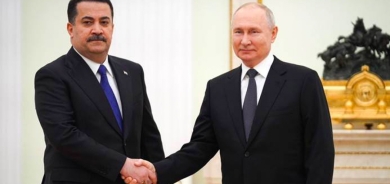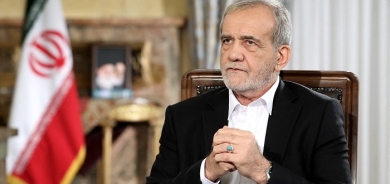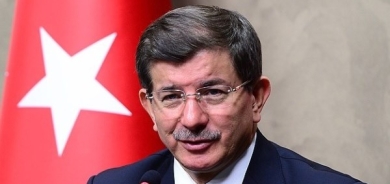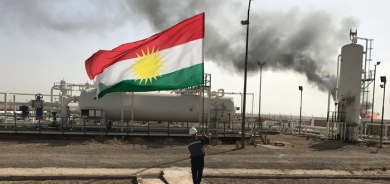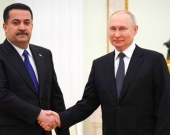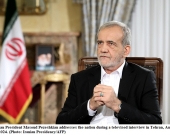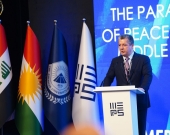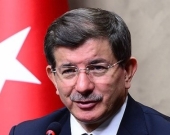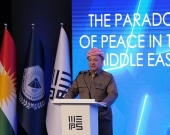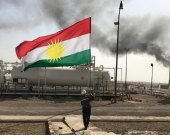Iraq inks final gas deal with SKorea's KOGAS

Iraqis have been struggling to rebuild their damaged electricity grid and improve power stations and lines. Blackouts are still common and spur demonstrations.
Abdul-Mahdi al-Ameedi, the oil ministry's licensing and contracts chief, said the deal between the Iraqi oil ministry and KOGAS was signed in Baghdad.
Along with Kazakhstan's KazMunaiGas EP JSC, KOGAS won the rights to develop the Akkas field during Iraq's third energy bidding round last October.
But KazMunaiGas pulled out of the deal in May, forcing KOGAS to double its share in the project. It will be paid $5.50 per barrel of oil equivalent.
Iraq sits atop 126.7 trillion cubic feet of undeveloped gas reserves. Akkas holds an estimated 5.6 trillion cubic feet of gas.
Akkas was one of three fields offered in an October licensing round.
The other two are the 4.6 trillion-cubic foot Mansouriya field in eastern Iraq, which Turkey's TPAO, Kuwait Energy and KOGAS will develop jointly, and the 1.1 trillion-cubic foot Siba field in the south to be developed by Kuwait Energy and TPAO.
Both of those deals were finalized in June. All three deals will run for 20 years.
Iraqi officials have said the gas will be used for domestic needs, mainly for power plants and the petrochemical industry while the surplus will be exported.
Since 2003 U.S.-led invasion, Iraq has struggled to develop its oil and gas industry. The sector, which had been ravaged by years of sanctions-induced neglect and damage, saw development efforts move fitfully amid looting and sabotage.
Baghdad has awarded 15 oil and gas deals since 2008 to international energy companies in the first major investments in the country's energy industry in more than three decades.
Iraq aims to raise daily oil output to 12 million barrels by 2017, a level that would put it nearly on par with Saudi Arabia's current production capacity. But many analysts say the target is unrealistic, given the decaying infrastructure.
Also Thursday, Iraq signed two deals worth more than $1 billion to develop its dilapidated oil export infrastructure in the south, said Hayan Abdul-Ghani al-Sawad the deputy of Iraq's state-run South Oil Company.
The first is a $518 million deal with Singapore-based Leighton Offshore Private Ltd. to build a floating export terminal on the Gulf with a capacity of 900,000 barrels a day and construct a sea pipeline, al-Sawad said.
The second deal is with Italy's Saipem SpA to build another 900,000 barrels a day floating terminal and an oil measuring and control platform, he added. It worth $468.5 million.
Iraq's daily production stands at about 2.9 million barrels per day and oil exports average around 2.1 million barrels per day. Oil revenues make up about 95 percent of the state budget.
The country sits atop the world's fourth largest proven oil reserves of 134.1 billion barrels.

